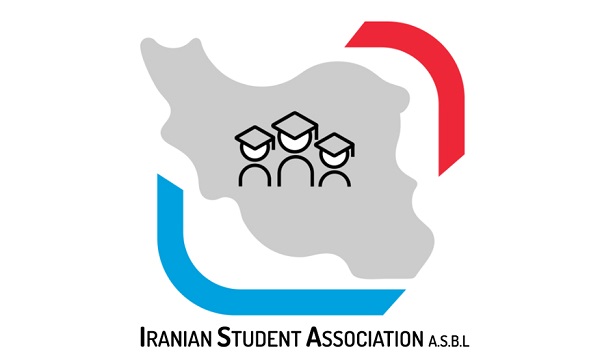 Credit: Iranian Student Association ASBL
Credit: Iranian Student Association ASBL
On Wednesday 6 September 2023, the Iranian Student Association ASBL from the University of Luxembourg sent an open letter denouncing various reported forms of oppression imposed by the Iranian government and the risk faced by Iranian academics and professors in Iran.
In this letter, the students expressed “deep concern” at the situation that students, faculty and staff in higher education institutions in Iran face at the beginning of this new academic year. The group stated that “education stands as the cornerstone of societal progress, fostering critical thinking, creativity and the development of responsible, informed citizens. Regrettably, the Iranian government has repeatedly violated fundamental principles such as academic freedom, freedom of expression and the right to education. These actions have had a profoundly detrimental impact on the intellectual and personal growth of students and the pursuit of knowledge in Iranian universities.”
With this letter, the Iranian Student Association aimed to denounce the various reported forms of oppression by the Iranian government, including “the suppression of dissent, censorship, restrictions on campus activism, intimidation, threats and unequal treatment against Iranian academics.” Noting parallels to the Islamic Republic’s cultural revolution between 1980 and 1988, the group expressed apprehension at the risk of expulsion of thousands of academics from universities.
Citing recent reports from the Iranian newspaper Etemad, they noted that over 110 university professors faced disqualification, suspension, arrest, indictment or they were forced into early retirement over the past two years due to having expressed dissent against the Iranian government. 29 among these academics were professors from Tehran University, eleven from Tehran University of Medical Science and two from the Sharif University of Technology. The student association also noted that these governmental decisions escalated since the beginning of the nationwide protests sparked by the death of Mahsa Amini, a 22-year-old Kurdish Iranian woman who died on 16 September 2022, in police custody, after being arrested for wearing her hijab “improperly”.
One example the association mentioned was the expulsion of Ali Sharifi-Zarchi, an assistant professor of Bioinformatics and AI at the Sharif University of Technology, which occurred in August 2023 due to his expressions on social media in support of human rights in Iran. Although the Department of Computer Engineering acknowledged "a serious need for his knowledge and expertise,” security forces pressured the university to take this decision. The Sharif University of Technology replaced him with individuals closely associated with the Islamic Revolutionary Guard Corps (IRGC), despite their lack of necessary university credentials, the group stressed.
The association also reported that since September 2022 hundreds of Iranian university students were detained, tortured, sexually abused, were expulsed or suspended from university, disappeared, or were summoned to disciplinary committees mainly due to their criticism of the government or participation in protests on university campuses. Recent disclosures showed that more than 2,800 students were summoned to disciplinary committees at Iranian universities days before the new academic year, as reported by the newsletter of the Amirkabir University of Technology. Such disciplinary committees in universities have expelled or suspended thousands of students over the past 44 years, effectively hushing any form of criticism against the government within universities, added the Iranian Student Association.
“Education should be a beacon of enlightenment, not a battleground for oppression,” wrote the student association, calling upon Luxembourg's authorities, including the University of Luxembourg and Luxembourg's Ministry of Foreign and European Affairs, to join them in publicly condemning these actions and supporting the protection of freedom of speech and human rights in Iranian universities. Furthermore, they made an appeal to the Grand Duchy’s authorities to “provide refuge for those who have suffered due to the oppressions in Iranian universities.”








